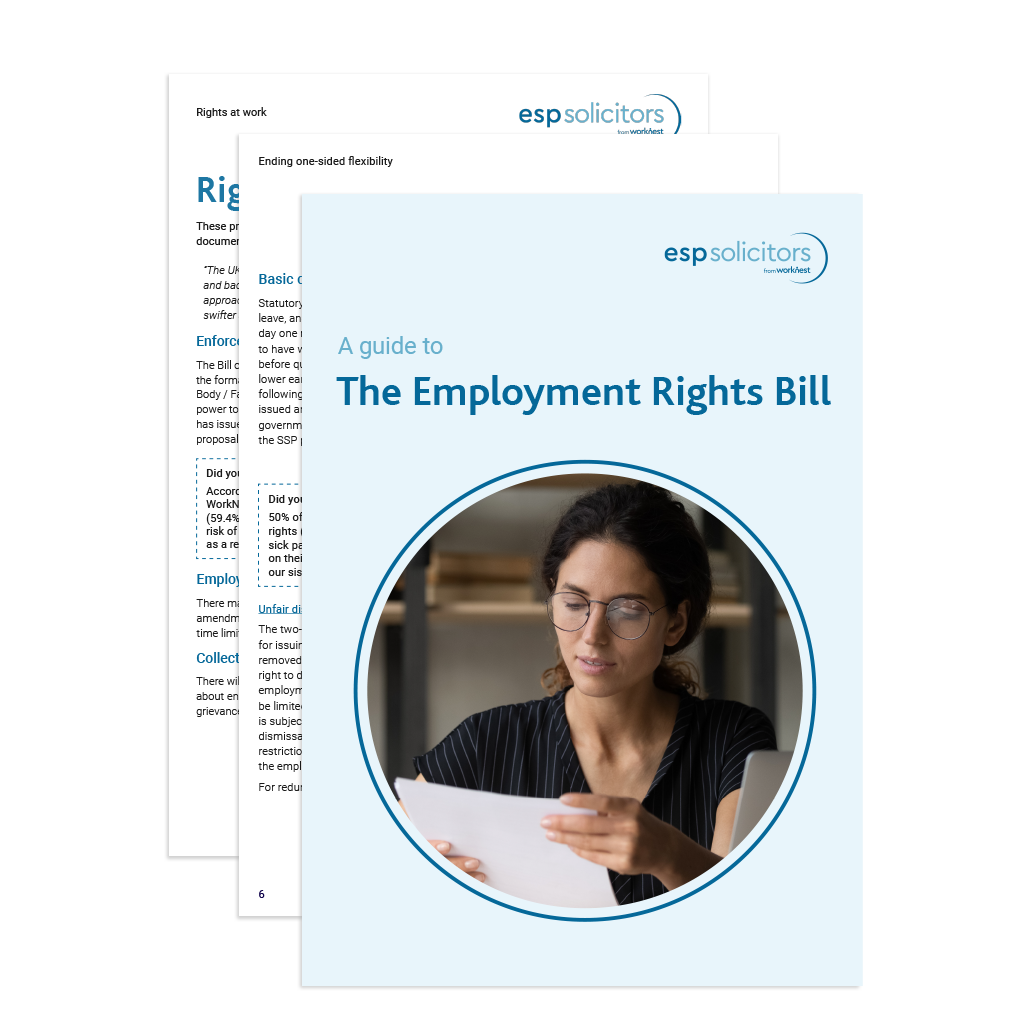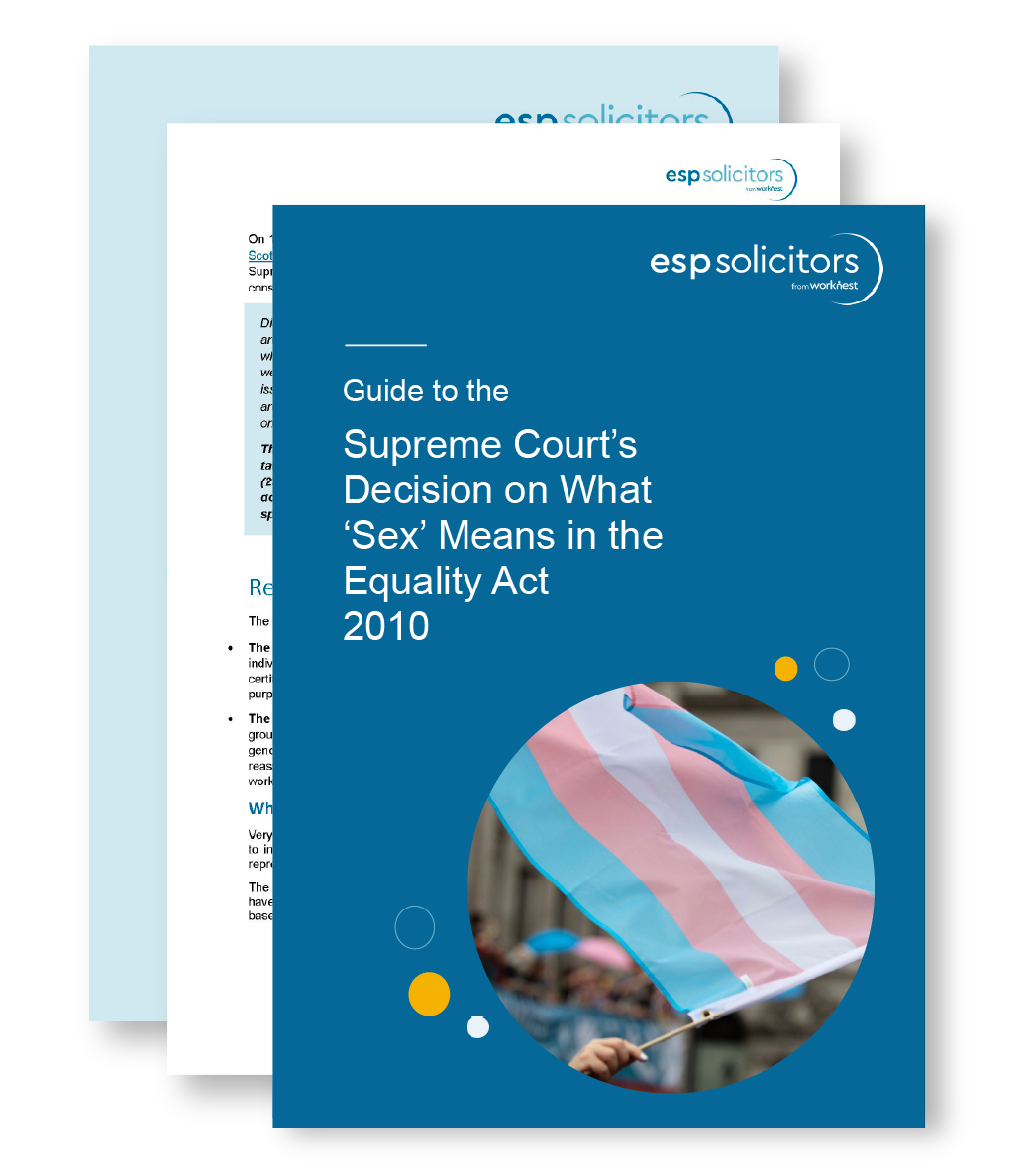The House of Lords has introduced several key amendments to the draft Employment Rights Bill (ERB), temporarily reshaping some of the government’s more ambitious original plans. These changes reflect growing concerns from business leaders about the potential impact of the ERB on flexibility, recruitment confidence, and costs.
What’s changed?
1. Guaranteed hours contracts – from mandatory to optional
One significant amendment shifts the responsibility for offering guaranteed hours contracts from employers back to employees.
While the original proposal would have required businesses to proactively offer fixed hours to zero-hours workers, the revised approach proposes that workers should have the right to request such arrangements instead.
This change would:
- Maintain workforce flexibility – crucial in sectors with fluctuating demand
- Reduce the administrative burden on employers.
2. Unfair dismissal protection pushed to six months
Originally, the Bill proposed day one unfair dismissal rights. The Lords propose to delay this to a six-month qualifying period, aligning with existing probationary periods.
This amendment could:
- Provide employers with time to assess new hires without the immediate risk of claims and,
- In my opinion, encourage more confident recruitment, especially in smaller businesses.
3. Trade union reforms watered down
Draft proposals to expand trade union freedoms have also been scaled back. The Lords’ amendments would maintain existing thresholds for industrial action, which would likely be welcomed by employers who value stability and predictability in employee relations.
What happens next?
The ERB will return to the House of Commons in September for further debate. While the Lords’ amendments represent a more measured approach to reform – aiming to protect workers without overburdening employers – I doubt the Commons will retain the amendments and will simply crack on with the original proposal but it will be interesting to see if they take on board some of the Lords’ amendments.




